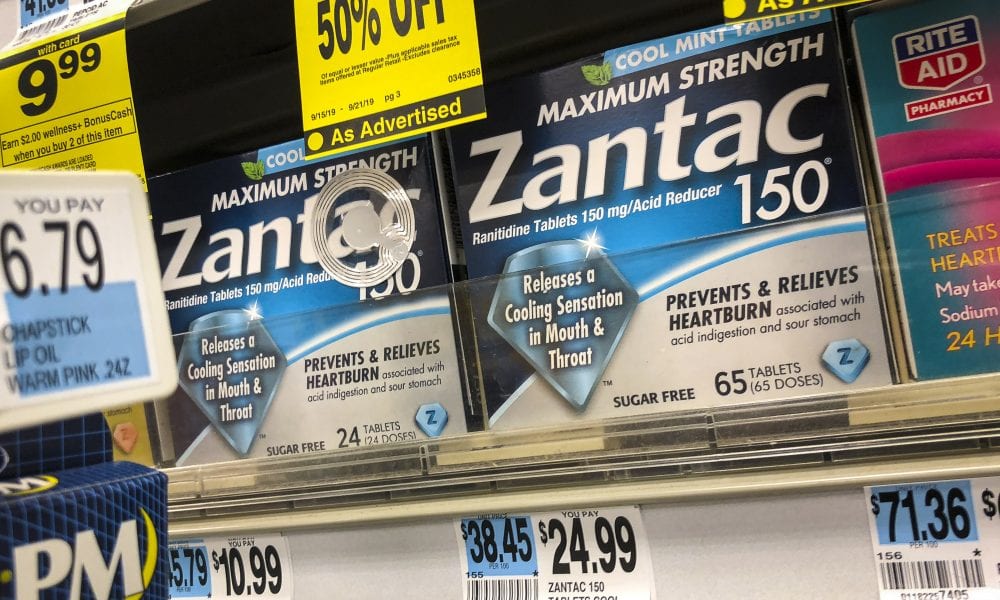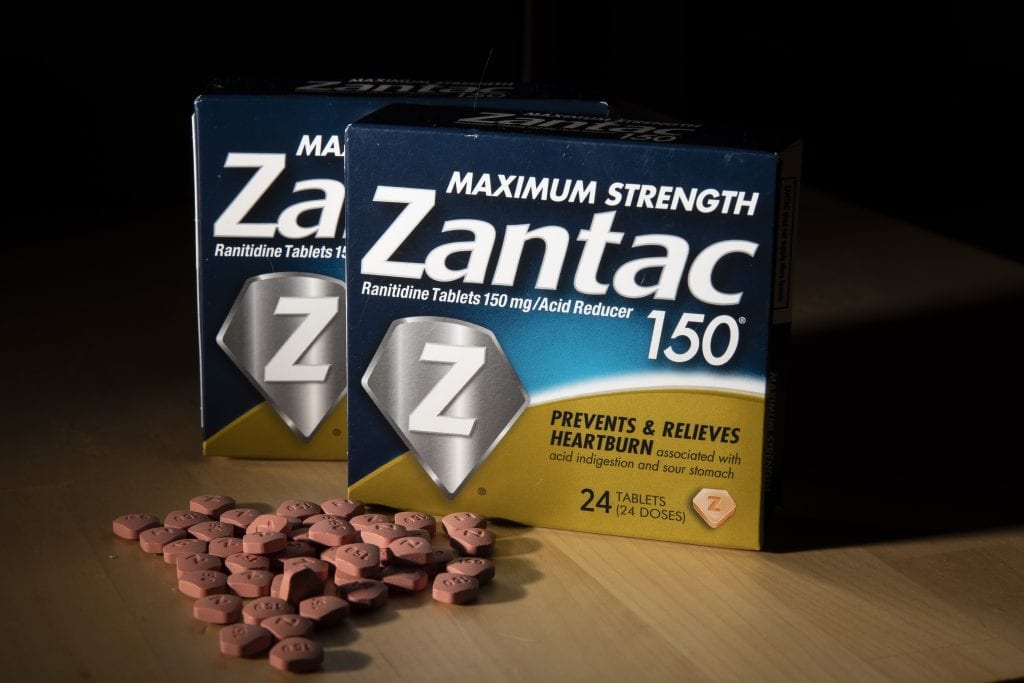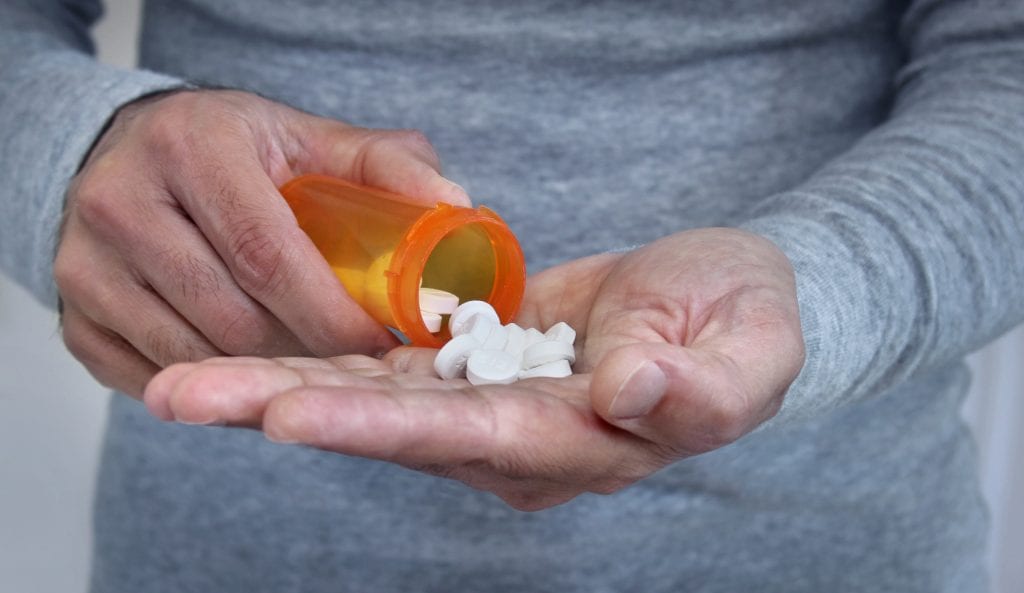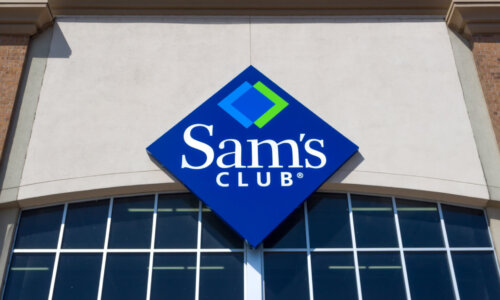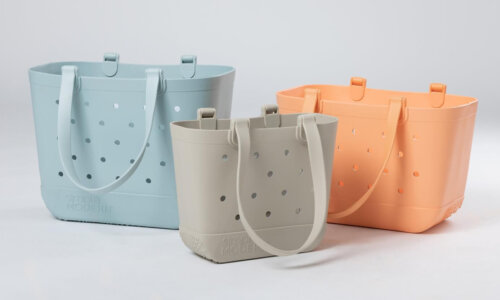The Food and Drug Administration is alerting the public to a voluntary recall of over-the-counter (OTC) ranitidine tablets (75 mg and 150 mg) manufactured by Apotex Corp. These pills may contain low levels of N-nitrosodimethylamine (NDMA), an impurity that is considered a probable human carcinogen — meaning it can cause cancer.
In response, several major retailers will stop selling the drug sold under the brand name Zantac and generic equivalents. CVS, Walgreens, Rite Aid, Walmart and Kroger stores are all removing the common drug that treats heartburn and acid indigestion from their shelves.
The retailers’ decision to stop selling the product is voluntary and was made out of an abundance of caution. Customers can return the products to all three of the stores for a refund.
If you are concerned that you might be taking one of these drugs, you should check the full list of Apotex’s recalled products. It includes products labeled as Ranitidine Tablets and Wal-Zan.
Apotex is the second company that distributes ranitidine in the U.S. to issue a recall.
Sanofi, the maker of Zantac, does not plan to stop shipments of the drug in the United States.
“We are working closely with the FDA and are conducting our own robust investigations to ensure we continue to meet the highest quality safety and quality standards,” Sanofi said in a statement.
The FDA is not recommending that people stop taking all ranitidine medicines at this time, and not all ranitidine medicines sold in the United States are being recalled.
“FDA will take appropriate measures based on the results of this ongoing investigation,” the agency said in a statement on Sept. 26. “Some manufacturers have chosen to stop distribution of ranitidine as a precautionary measure while the FDA and other international regulators conduct their investigations of the NDMA impurity.”
Since 2018, the FDA has been investigating NDMA as well as other impurities in blood pressure and heart failure medications, which have also been subject to numerous recalls.
At the moment the jury is out as to whether or not the NDMA presence in ranitidine is caused by manufacturing impurities or is an inherent part of the drug’s composition — which would require additional action.
Other companies are conducting their own recalls of their ranitidine products. Sandoz, owned by Novartis, was the first company to halt distribution in the U.S. GlaxoSmithKline, which distributes ranitidine products in Hong Kong and India, is doing the same. Several countries, such as Canada and France, are investigating and taking action already, and some experts say that a global recall may eventually happen.
If you are concerned about your use of the drug, you can talk to your doctor about taking other OTC products designed to treat stomach ulcers and other conditions, Harvard Health says. If you take a prescription version of the drug, consult with your doctor about how to proceed.
